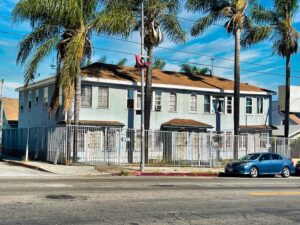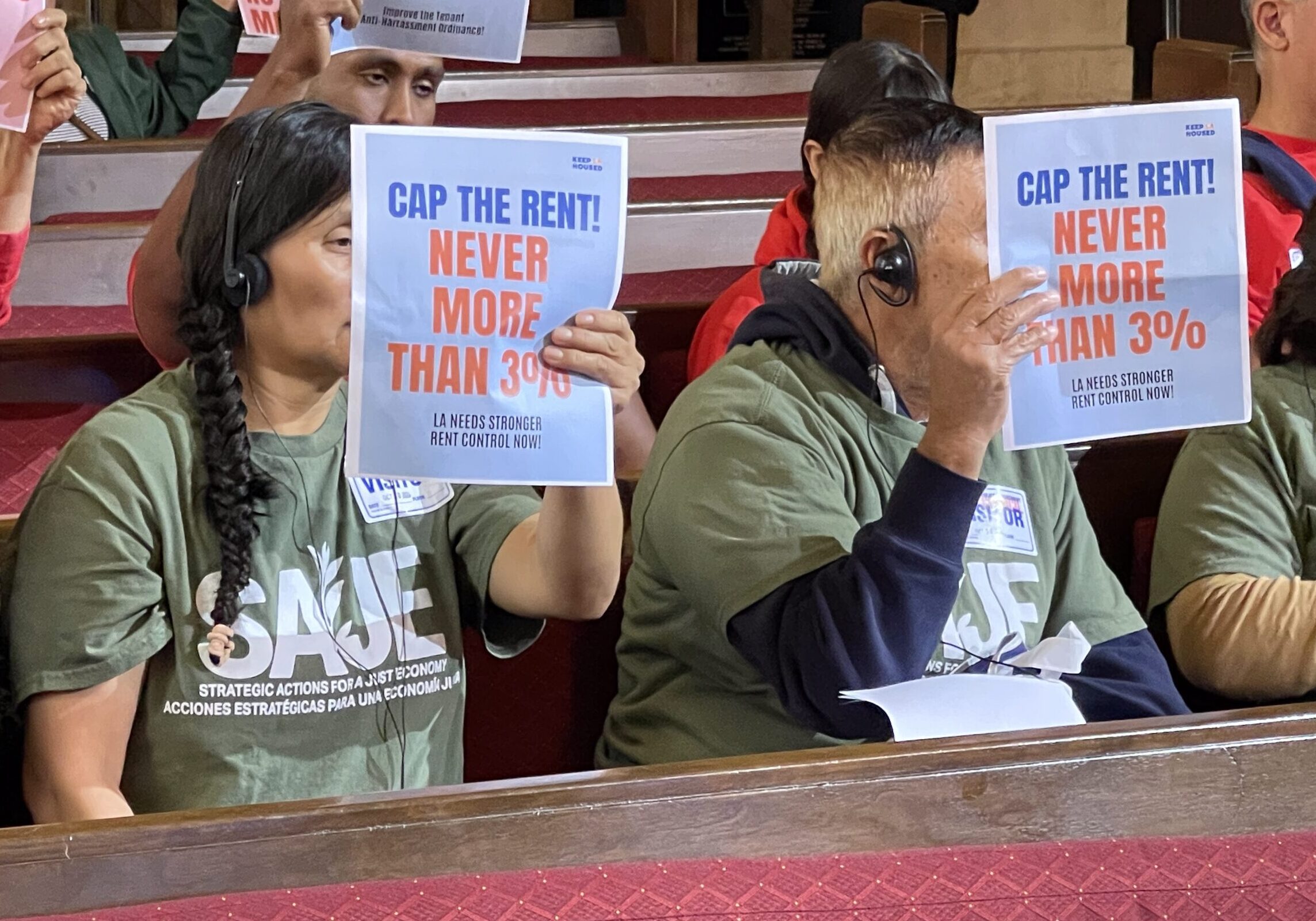November 26, 2024
By Pablo Estupiñan, Director of the Right to Counsel Campaign
In 2018, after sustained advocacy from tenant rights groups, L.A. County began the process to establish a Rent Stabilization and Tenant Protections Ordinance (RSTPO) to protect tenants living in unincorporated areas of the County from excessive rent raises. The RSTPO allows landlords to raise rents every 12 months, but they can’t just charge whatever they want-–they must adhere to a percentage determined by L.A. County officials. 
To calculate that percentage, the County looks at the Consumer Price Index (CPI), which measures regional changes in prices for goods and services over time. Under the previous formula, that percentage would fall between a staggered minimum of 0 to 3% and a maximum of 8%. If CPI has risen 8% or higher, they can decide to set the maximum allowable rent increase at 8% for that year.
In Los Angeles, where the median rent is $2,795, an 8% rent increase might mean an extra $223 dollars per month for families already burdened with high housing and transportation costs and inflation. Which is why the County is amending the way they determine annual allowable rent raises.
Today, the County Board of Supervisors approved a new formula based on 60% of CPI, with a 3% cap. With this change, the majority of tenants in RSO units in unincorporated LA County will pay no more than 3% in rent raises every 12 months. Landlords who qualify and self-certify with DCBA as “small property landlords” can raise the rent an additional 1%, up to a max of 4%.
The updated RSTPO will go into effect on January 1, 2025.
Not all properties are covered by RSTPO. To qualify, your unit must be located in unincorporated L.A. County, have a Certificate of Occupancy issued on or before February 1, 1995, and be part of a property with two or more units.
SAJE is proud to be part of the Keep LA Housed Coalition that fought hard for this change to the RSTPO. This is a win for tenant protections in L.A. County—one that will ease the housing burden for families who are struggling financially, shield seniors and others on fixed incomes from eviction and displacement, and keep more Angelenos in their homes and off our streets.

